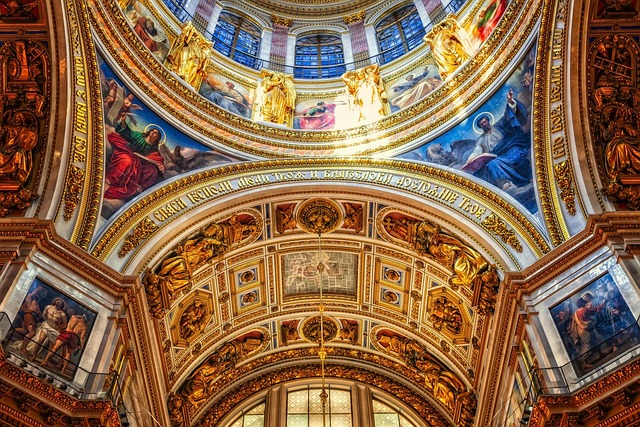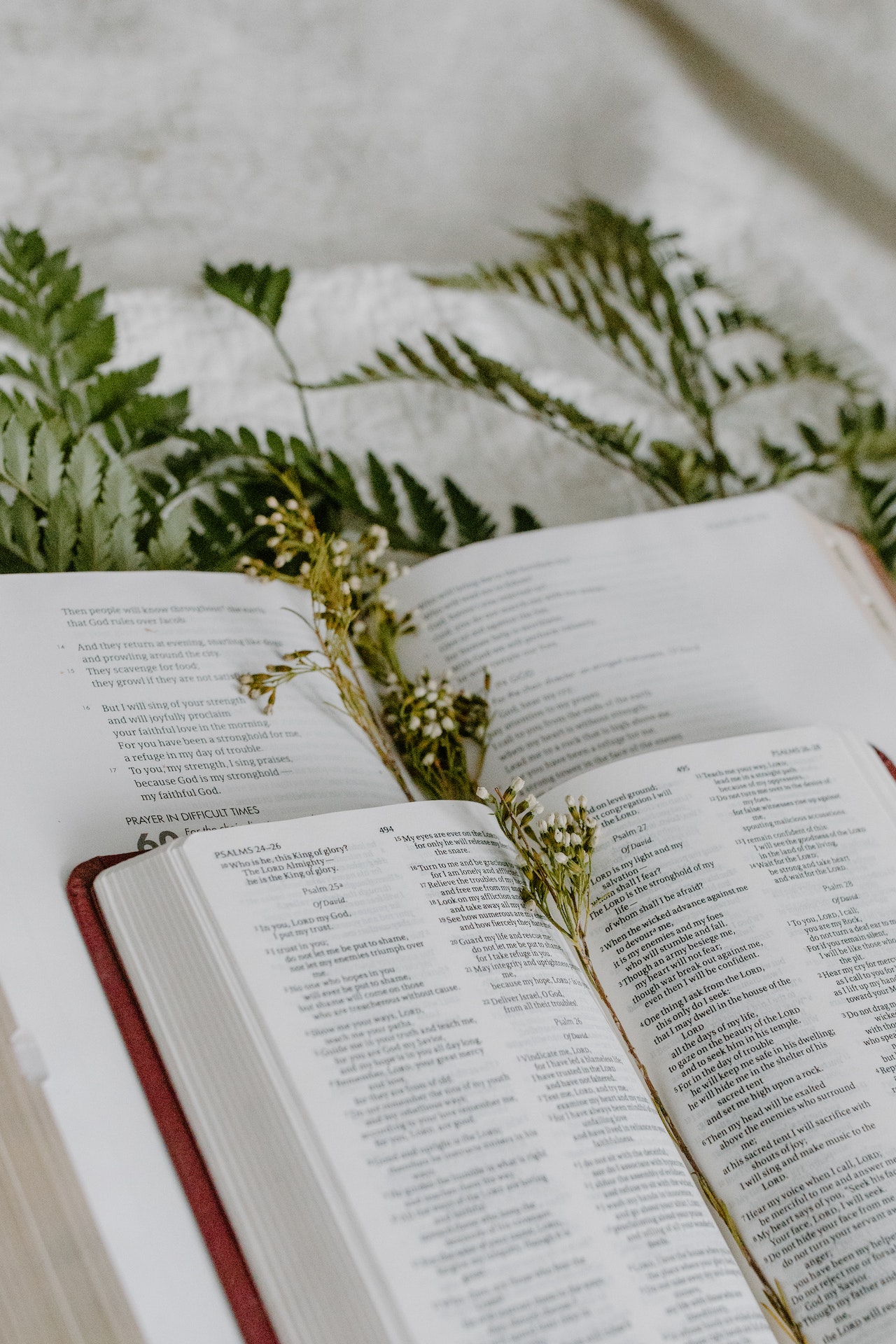Orthodox Christmas is celebrated by various Christian denominations that follow the Julian calendar for religious observances. This includes Eastern Orthodox churches, such as the Greek Orthodox Church, Russian Orthodox Church, and Serbian Orthodox Church, among others. Orthodox Christmas is typically celebrated on January 7th, following the older Julian calendar, which is 13 days behind the Gregorian calendar used by Western Christianity.
Table of Contents
Traditions and Customs of Orthodox Christmas Celebrations
Orthodox Christmas is a special time of year celebrated by millions of people around the world. While many are familiar with the traditional Christmas celebrations that take place on December 25th, Orthodox Christmas is observed on January 7th. This date is based on the Julian calendar, which is followed by many Eastern Orthodox churches.
One of the most fascinating aspects of Orthodox Christmas is the rich tapestry of traditions and customs that are associated with this holiday. These traditions vary from country to country and even from region to region, but they all share a common thread of celebrating the birth of Jesus Christ.
In Russia, for example, Orthodox Christmas is a time of great joy and festivity. The celebrations begin on Christmas Eve, which is known as “Sochelnik” in Russian. On this day, families gather together to enjoy a special meal that typically includes twelve different dishes, symbolizing the twelve apostles. Some of the traditional dishes served during this meal include kutya, a sweet grain pudding, and borscht, a hearty beet soup.
After the meal, many Russians attend a midnight church service, known as the “Vigil.” This service is filled with beautiful hymns and prayers, and it culminates in the lighting of candles and the singing of Christmas carols. It is a truly magical experience that brings people together in a spirit of love and unity.
In Greece, Orthodox Christmas is also a time of great celebration. One of the most beloved traditions is the lighting of the “Christopsomo,” or Christ’s bread. This special loaf of bread is baked on Christmas Eve and is decorated with a cross and other religious symbols. It is then blessed by a priest and shared with family and friends.
Another important tradition in Greece is the singing of Christmas carols, known as “kalanda.” Groups of children and adults go from house to house, singing songs and spreading holiday cheer. It is customary for the homeowners to offer treats and small gifts to the carolers as a token of appreciation.
In Ethiopia, Orthodox Christmas is known as “Ganna” and is celebrated with great enthusiasm. The festivities begin on Christmas Eve with a special church service that lasts throughout the night. The following day, families gather together to enjoy a feast that includes traditional dishes such as injera, a sourdough flatbread, and doro wat, a spicy chicken stew.
One of the most unique aspects of Ethiopian Orthodox Christmas is the custom of playing a game called “genna.” This game is similar to hockey and is played with a curved stick and a wooden ball. It is a lively and spirited game that brings people together in a spirit of friendly competition.
These are just a few examples of the diverse traditions and customs associated with Orthodox Christmas celebrations. Whether it’s in Russia, Greece, Ethiopia, or any other country where Orthodox Christianity is practiced, this holiday is a time of joy, love, and togetherness. It is a time to reflect on the birth of Jesus Christ and to celebrate the blessings of faith, family, and community. So, as we approach Orthodox Christmas, let us embrace these traditions and customs with open hearts and open minds, and let us spread the spirit of Christmas to all those around us.
Significance and Symbolism of Orthodox Christmas

Orthodox Christmas is a holiday celebrated by millions of people around the world. While it may not be as widely recognized as Christmas on December 25th, it holds great significance and symbolism for those who observe it. In this article, we will explore the reasons why Orthodox Christmas is celebrated and the symbolism behind its traditions.
Orthodox Christmas is primarily celebrated by members of the Eastern Orthodox Church, which includes various branches such as the Greek Orthodox, Russian Orthodox, and Serbian Orthodox Churches. These churches follow the Julian calendar, which is why Orthodox Christmas falls on January 7th, thirteen days after the Western Christmas.
The significance of Orthodox Christmas lies in its religious and cultural importance. For Orthodox Christians, it commemorates the birth of Jesus Christ, the central figure of their faith. It is a time to reflect on the teachings of Christ and to celebrate his coming into the world. The birth of Jesus is seen as a symbol of hope, love, and salvation, and Orthodox Christmas is an opportunity to reaffirm these beliefs.
Symbolism plays a crucial role in Orthodox Christmas traditions. One of the most prominent symbols is the Nativity scene, which depicts the birth of Jesus in a stable surrounded by Mary, Joseph, the shepherds, and the Three Wise Men. The Nativity scene serves as a reminder of the humble beginnings of Jesus and the importance of simplicity and humility in the Christian faith.
Another significant symbol is the star, which represents the Star of Bethlehem that guided the Wise Men to the birthplace of Jesus. The star is often depicted on top of Christmas trees or as a standalone decoration, reminding believers of the miraculous event that took place on that holy night.
Candles also hold great symbolism during Orthodox Christmas. They represent the light of Christ, illuminating the darkness and bringing hope to the world. Candles are lit in churches and homes, creating a warm and peaceful atmosphere that encourages reflection and prayer.
In addition to these symbols, various customs and traditions are observed during Orthodox Christmas. One such tradition is the fasting period that precedes the holiday. Orthodox Christians abstain from certain foods, such as meat and dairy, as a way of purifying their bodies and souls in preparation for the celebration.
On Christmas Eve, a special meal called the Holy Supper is shared with family and loved ones. This meal typically consists of twelve dishes, representing the twelve apostles, and includes traditional foods such as kutia, a sweet grain pudding, and borscht, a beet soup. The Holy Supper is a time for prayer, reflection, and gratitude for the blessings of the past year.
Orthodox Christmas is also marked by attending church services, which are held throughout the day and night. These services include hymns, prayers, and the reading of the Gospel, all of which contribute to the spiritual experience of the holiday.
In conclusion, Orthodox Christmas holds great significance and symbolism for those who celebrate it. It is a time to reflect on the birth of Jesus Christ and to reaffirm one’s faith. The symbols of the Nativity scene, the star, and the candles serve as reminders of the miraculous event that took place on that holy night. Through customs such as fasting, the Holy Supper, and attending church services, Orthodox Christians honor and celebrate the birth of Jesus in a meaningful and profound way.
Orthodox Christmas Celebrations Around the World
Orthodox Christmas Celebrations Around the World
Christmas is a time of joy and celebration for millions of people around the world. While many countries celebrate Christmas on December 25th, there are some who follow the Orthodox Christian tradition and celebrate Christmas on a different date. Orthodox Christmas is celebrated on January 7th, and it is a special time for Orthodox Christians to come together and commemorate the birth of Jesus Christ.
Orthodox Christmas is observed by various countries, including Russia, Ukraine, Serbia, Greece, and Ethiopia, among others. Each country has its own unique customs and traditions that make their celebrations truly special.
In Russia, Orthodox Christmas is known as Rozhdestvo and is one of the most important holidays of the year. The festivities begin on Christmas Eve, which is called Sochelnik, and continue until January 19th. On Christmas Eve, families gather for a festive meal that includes traditional dishes such as kutya, a sweet grain pudding. After the meal, many people attend a midnight church service to welcome the birth of Christ. The streets are adorned with beautiful lights, and it is a magical time to be in Russia.
Ukraine also has a rich tradition of celebrating Orthodox Christmas. The holiday season begins on January 6th, known as Sviatyi Vechir, or Holy Evening. Families gather for a special meal that includes twelve dishes, symbolizing the twelve apostles. The meal often includes kutia, borscht, and varenyky, among other traditional dishes. After the meal, people attend a midnight church service, where they sing carols and exchange greetings of “Christ is born!” and “Glorify Him!”
In Serbia, Orthodox Christmas is celebrated with great enthusiasm and joy. The holiday season begins on January 6th, known as Badnji Dan, or Christmas Eve. On this day, families gather to prepare a festive meal and decorate a badnjak, a ceremonial oak log. The log is then burned in a bonfire, symbolizing the light of Christ. After the bonfire, people attend a midnight church service, where they sing hymns and celebrate the birth of Jesus.
Greece also has its own unique traditions for celebrating Orthodox Christmas. On Christmas Eve, families gather for a festive meal that includes traditional dishes such as roasted lamb and melomakarona, a honey and walnut cookie. After the meal, people attend a midnight church service, where they light candles and sing hymns. In some parts of Greece, it is also customary to throw a pomegranate against the door of the house, symbolizing good luck and prosperity for the coming year.
Ethiopia celebrates Orthodox Christmas with a vibrant and colorful festival known as Ganna. The holiday season begins on January 6th, and people gather in churches to attend a special service. After the service, there are processions, music, and dancing in the streets. Traditional Ethiopian dishes such as doro wat, a spicy chicken stew, and injera, a sourdough flatbread, are enjoyed by families and friends.
Orthodox Christmas is a time of joy, love, and togetherness for millions of people around the world. Whether it is in Russia, Ukraine, Serbia, Greece, or Ethiopia, the celebrations are filled with unique customs and traditions that make this holiday truly special. So, if you ever have the chance to experience Orthodox Christmas in any of these countries, be prepared to be immersed in a world of festive cheer and warm hospitality.
History and Origins of Orthodox Christmas Celebrations
Orthodox Christmas is a holiday celebrated by millions of people around the world. It has a rich history and fascinating origins that have been passed down through generations. In this article, we will explore the history and origins of Orthodox Christmas celebrations, shedding light on the traditions and customs that make this holiday so special.
The origins of Orthodox Christmas can be traced back to the early days of Christianity. The Orthodox Church follows the Julian calendar, which was established by Julius Caesar in 45 BCE. This calendar differs from the Gregorian calendar, which is widely used in the Western world. As a result, Orthodox Christmas is celebrated on January 7th, while most Western Christians celebrate it on December 25th.
The decision to celebrate Christmas on January 7th was made in order to align the holiday with the winter solstice, a time of rebirth and renewal. This date also coincides with the arrival of the three wise men to Bethlehem, as described in the Bible. By celebrating Christmas on this day, Orthodox Christians honor the birth of Jesus Christ and the arrival of the Magi.
Orthodox Christmas celebrations are deeply rooted in tradition and are marked by a variety of customs and rituals. One of the most important traditions is the Christmas Eve vigil, which takes place on January 6th. During this vigil, believers gather in churches to attend a special service that lasts throughout the night. The service is filled with prayers, hymns, and readings from the Bible, creating a solemn and reverent atmosphere.
Another significant aspect of Orthodox Christmas is the Nativity Fast, which begins on November 28th and lasts for 40 days. This period of fasting and prayer is meant to prepare believers for the birth of Christ. During the fast, Orthodox Christians abstain from meat, dairy, and other animal products, focusing instead on a diet of fruits, vegetables, and grains. This practice is seen as a way to purify the body and soul in preparation for the joyous celebration of Christmas.
On Christmas Day itself, Orthodox Christians gather with their families and loved ones to exchange gifts and share a festive meal. Traditional dishes vary from country to country, but common favorites include roasted meats, fish, and a variety of sweets and pastries. The meal is often accompanied by singing and dancing, creating a joyful and lively atmosphere.
Orthodox Christmas is celebrated by a diverse range of people around the world. It is particularly significant in countries with a strong Orthodox Christian presence, such as Russia, Greece, Serbia, and Ukraine. In these countries, Christmas is a major holiday, with elaborate decorations, festive markets, and public celebrations. However, Orthodox Christmas is also celebrated by Orthodox communities in other parts of the world, including the United States, Canada, and Australia.
In conclusion, Orthodox Christmas is a holiday with a rich history and deep cultural significance. Its origins can be traced back to the early days of Christianity, and its traditions and customs have been passed down through generations. Whether celebrated in a small village church or a bustling city, Orthodox Christmas is a time of joy, reflection, and togetherness. It is a holiday that brings people together, regardless of their background or beliefs, to celebrate the birth of Jesus Christ and the spirit of love and peace.
Conclusion
Orthodox Christmas is primarily celebrated by Orthodox Christians around the world.
For licensing reasons, we must provide the following notice: This content was created in part with the help of an AI.


